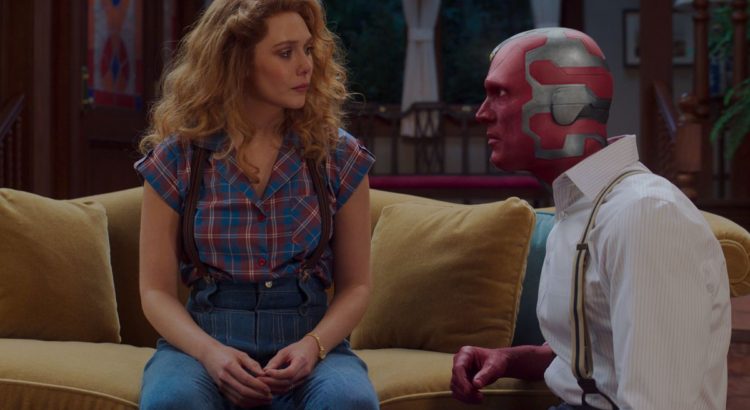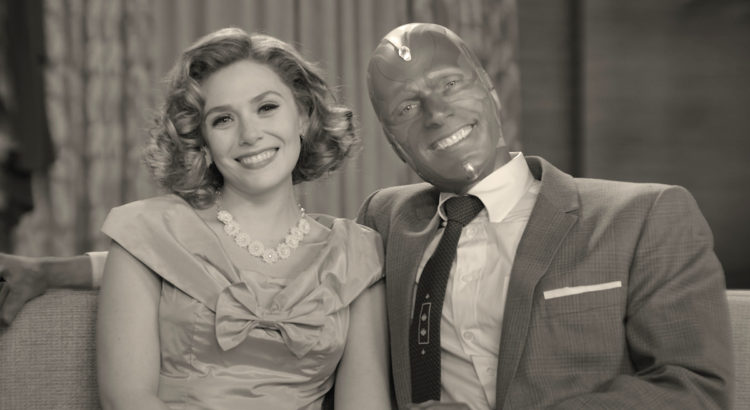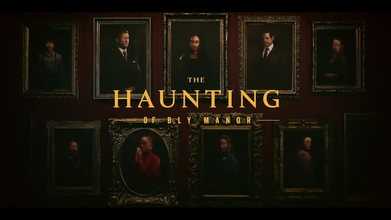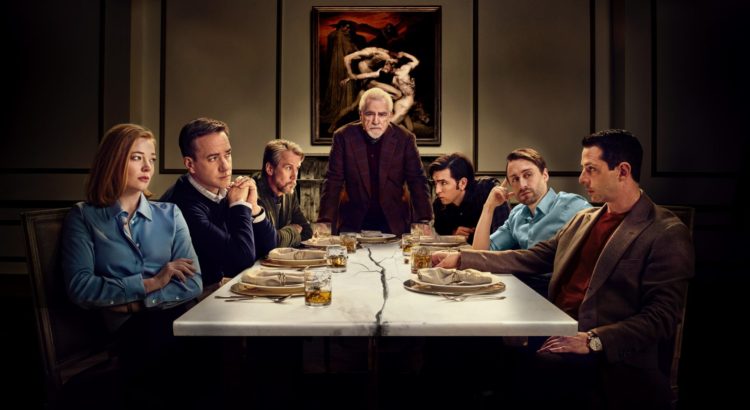Is WandaVision the internet’s favorite TV show right now because it’s the best thing on TV, or is just the only thing on TV? WandaVision is a new Disney+ original series that follows the characters Wanda Maximoff and Vision, who had not been featured in their own solo MCU projects up until this point. Starring Elizabeth Olsen and Paul Bettany, the series riffs off of TV sitcoms through the decades, depicting Wanda and Vision trying to fit in with suburban life, only to discover that not everything is as it seems.
What makes the series so enticing is that it provides a much-needed release from the worn-out Marvel movie formula. WandaVision sticks out from the rest of the MCU stylistically, but it simultaneously patches up pre-existing plot holes in the MCU canon. The series explores some of the direct effects of the events of “The Blip” in Avengers: Infinity War and Avengers: Endgame, but mostly importantly, it proves Wanda and Visions’ each have a place in the MCU. Wanda and Vision have both been minor characters thus far, and their characters lacked personality and motivation as they were bounced around from director to director. I was excited when Wanda was first introduced as a new female character in Avengers: Age of Ultron, but she was subsequently pushed to the side and thrown into a seemingly rushed romance with Vision, who had just as little development. However, creator and head writer, Jac Schaeffer, has dug into the characters’ messy foundation, revealing their complexity and prepping them with compelling characterization for their future in the MCU.
Although Wanda and Vision are both fantastical individuals with extreme, otherworldly abilities, Schaeffer has highlighted their sense of humanity in this crazy fictional world by crafting a heart-breaking story about their bond. This transforms Wanda and Vision into characters that audiences can empathize with rather than dismiss as lovebirds that were thrown into the film franchise as an afterthought. Episode 8, “Previously On,” delves into Wanda’s past, explaining her choices that were previously glossed over, and provides context for her connection to Vision. The episode is seemingly specific to Wanda and the toll Vision’s death in Infinity War took on her, but the episode also acts as a general representation of grief. The episode is timely, showing that even something as silly as a sitcom can provide some sense of comfort during troubling times.
That being said, the penultimate episode of a miniseries is a strange place to insert a backstory episode. If the episode had not been so beautifully written or if it had not provided the much-needed backstory for the series’ titular characters, I would have been more upset with the pacing of the show. The show’s plot is rather slow most of the time with a sudden cliffhanger at the end of each episode. This has been upsetting for some fans, who have spent the past seven weeks developing elaborate theories, only to be underwhelmed by the show’s conclusion. However, I have come around to the way the series progressed – but only after I realized exactly what the show was about. The show is about wise Vision, who is an android created with artificial intelligence, yet he is the character who best understands human emotion and empathy. And it is about loving Wanda, who is not an object in need of protection, but someone who discovers strength in emotion.







